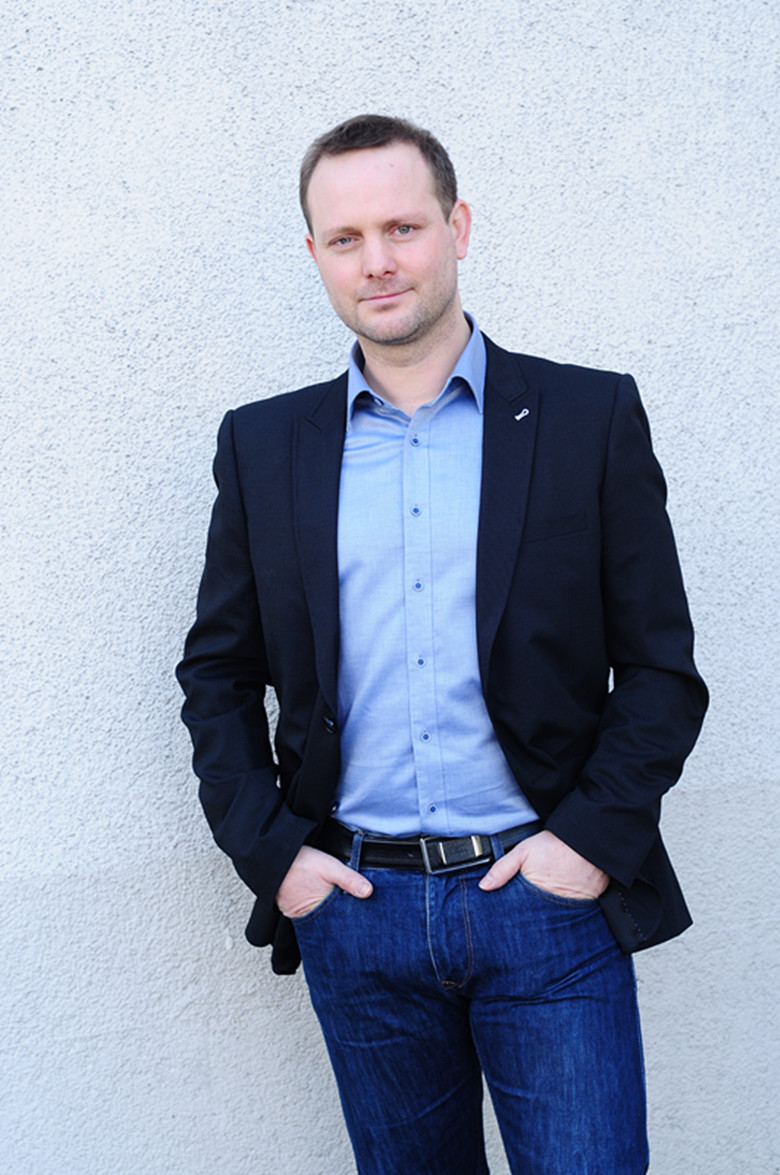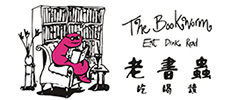Press

8 Questions for Sven Hänke;
Bio: Sven Hänke
What have you been busy with lately?
My first stay in China was between 2006 and 2012; I came back last year. When I was in Germany, I felt a little like a character in the TV show Lost; I was like Jack Shepard after leaving the island: “I have to go back”. After having spent four years in Germany, however, it took me a lot of effort to get used to all the changes that had occurred here in the interim. There are quite a few new unsolved mysteries in China for which I was not prepared. Besides that, I also have a challenging job as lecturer at Renmin University and Director of the DAAD lecturers program, all of which keeps me busy.
You have been dubbed “China’s most famous German teacher”. How did you get so famous?
Mainly by making a fool of myself on the internet. Five years ago when Weibo was still the new social media kid on the block and I wanted to be part of this evolving personal media world. As hardly anybody was interested in serious topics, I called myself DeyulaoshiSven(德语老师Sven) and uploaded fun stuff on the Germans and their language. I also published some videos of me singing German versions of Chinese pop songs. The lyrics were not bad but I am definitely not a very talented singer. Some videos got quite popular and suddenly I had more than 50,000 followers.
What sort of role does storytelling play in your everyday work?
Storytelling is a big part of what I do. In fact, I think that storytelling is a key factor to success in life, professional or private. All of us tell stories about who we are and what we do all the time, first and foremost to ourselves. My definition of success is that the story we tell about ourselves is at least consistent. The main character does not necessarily have to be the ancient hero kind of person but it should not be the bad guy, at least.
How do you keep up with media and social media trends in China, and especially when you’re abroad?
When I was in Germany between 2012 and 2016, I finished my PhD thesis in linguistics on time metaphors in Chinese and German. As I used data from Weibo and Twitter, I still kept in touch with the Chinese social media. I also fooled around a little with online videos at that time. But it’s hard to really understand the vibrant world of Chinese netizens when you don’t live among them.
You have written scripts for TV series before, we’d like to hear some more about this experience!
I was a student and worked frequently as freelancer for a German television company reporting on internet phenomena. One of my flatmates told me about a pitch for a new TV show for children on ARD. It was about a detective with a smart dog. I wrote a couple of scripts and they liked it. They even wanted me as their head writer, but as I was in the middle of writing my master’s thesis, I refused. First things first, I have to get my priorities straight.
You are an expert in German literature. Do you think there is a specific “German” way of storytelling?
Hard question. Probably there is at least a tendency in German literature to take things very seriously. Not that Germany doesn’t have a tradition of popular storytelling for entertainment purposes. But to be a real “Schriftsteller” very often means that you have to become some kind of messenger reporting from an artistic world behind the real world.
Your current work involves the cooperation of institutions and professionals from different countries – in your case Germany and China. Any thoughts on how to make this kind of cooperation successful?
I recently found a good description of what is key to getting along in China and in any foreign country. I would like to cite it: “Of all the keys to surviving in China the most important is a sense of humor. China can be a funny place. (…) Who doesn’t succeed in China? It’s the dude who takes himself WAY too seriously. The person who thinks people are constantly disrespecting them. The guy who can’t find the funny when things don’t go their way (…) Or to summarize even more briefly…the basic rule of getting along in any foreign culture: Don’t be a d*ck.” (Jeremiah Jenne, granitestudio.org)
Do you read Chinese authors as well? Do you have a favorite one?
I just started to read Seven Days, the new novel by Yu Hua. He is my favorite Chinese author and his new book will be the first one I read in Chinese. At least I hope that I will make it to the last page this time. I tried Brothers a couple of years ago, but I unfortunately started with the second part without noticing. Perhaps that was the reason I didn't finish it; or maybe I was just too lazy.









































